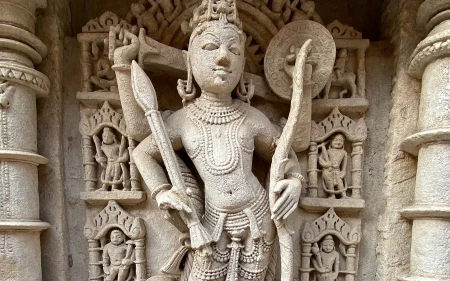
Exploring Cultural Philosophy: East Meets West
When East meets West, a unique blend of cultural philosophies unfolds. In this article, we'll dive into the fascinating world of cultural philosophy, comparing Eastern and Western perspectives on various aspects of life.
A Tale of Two Philosophies
Eastern philosophy, rooted in Confucianism, Taoism, and Buddhism, focuses on harmony, balance, and interconnectedness. In contrast, Western philosophy, influenced by thinkers like Socrates, Plato, and Aristotle, emphasizes individualism, reason, and logic.
Harmony and Balance in Eastern Thought
Eastern philosophy views life as a delicate dance of interconnected elements. Imagine a beautiful Chinese garden, where every plant, rock, and pond has its place, creating a harmonious whole. This holistic approach is reflected in many aspects of Eastern culture, such as the principles of yin and yang in Chinese medicine and the concept of karma in Hinduism and Buddhism.
Reason and Individualism in Western Thought
Western philosophy, on the other hand, cherishes reason and individualism. The Socratic method, a cornerstone of Western thought, encourages questioning and critical thinking. This focus on rationality is evident in the scientific method and democratic systems of government.
Learning from Each Other
- Embracing mindfulness: Eastern practices like meditation and mindfulness can help us slow down, reduce stress, and achieve inner peace.
- Appreciating nature: Eastern cultures often emphasize living in harmony with nature. Adopting this mindset can foster a more sustainable and eco-friendly lifestyle.
- Valuing community: Eastern collectivist values remind us of the importance of community and support networks in our lives.
- Encouraging critical thinking: Western philosophy's focus on reason and logic can inspire us to question assumptions and develop a healthy skepticism.
By blending Eastern and Western philosophies, we can develop a more well-rounded understanding of the world and our place in it. So, the next time you find yourself at a philosophical crossroads, consider drawing inspiration from both sides of the globe.
Conclusion
As we explore cultural philosophy, it's essential to recognize the value in both Eastern and Western perspectives. By understanding and appreciating these distinct worldviews, we can open ourselves to new ideas and foster greater cultural understanding.


















